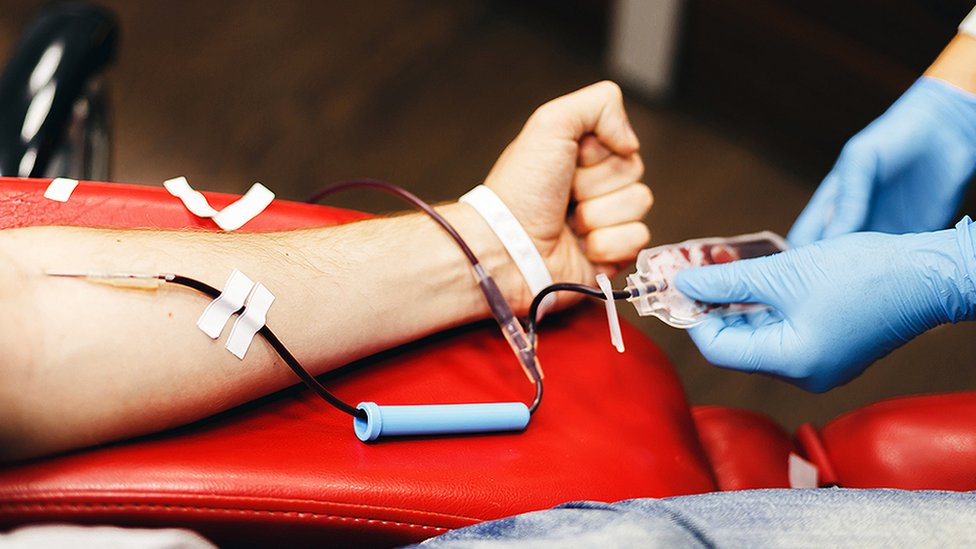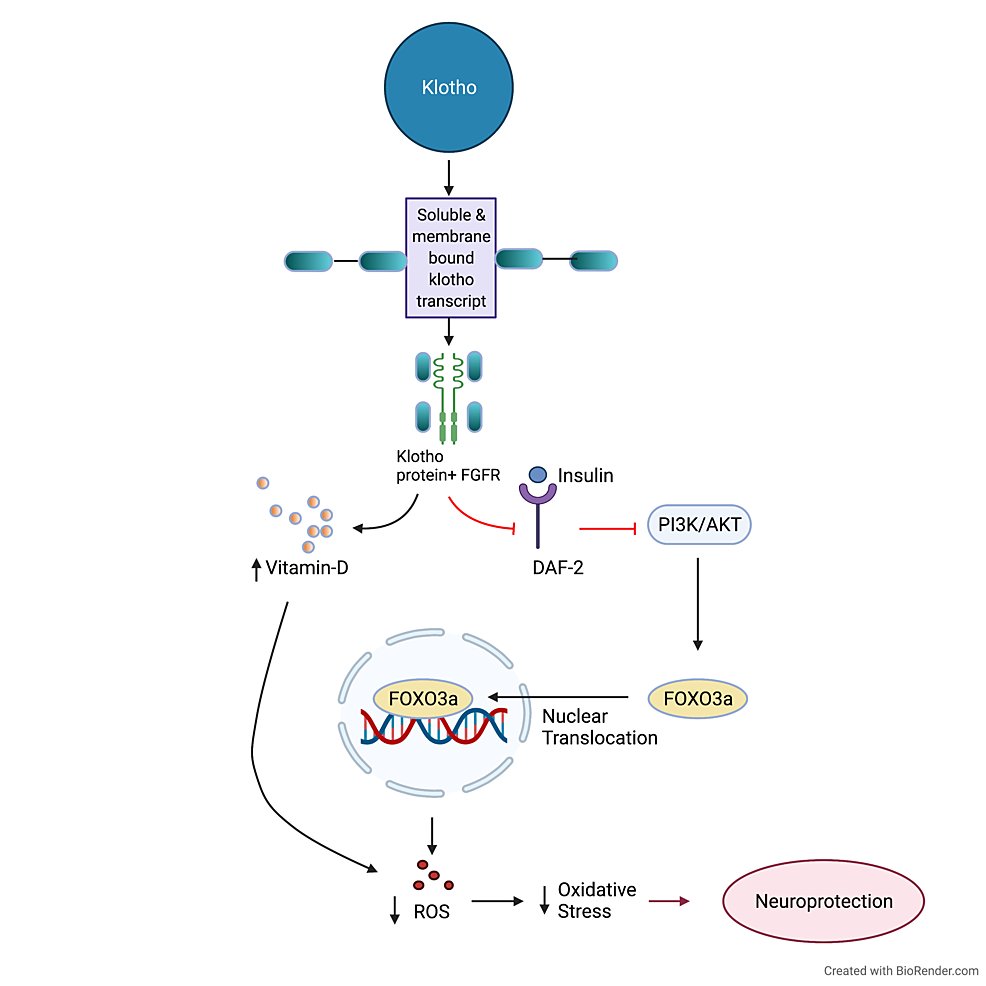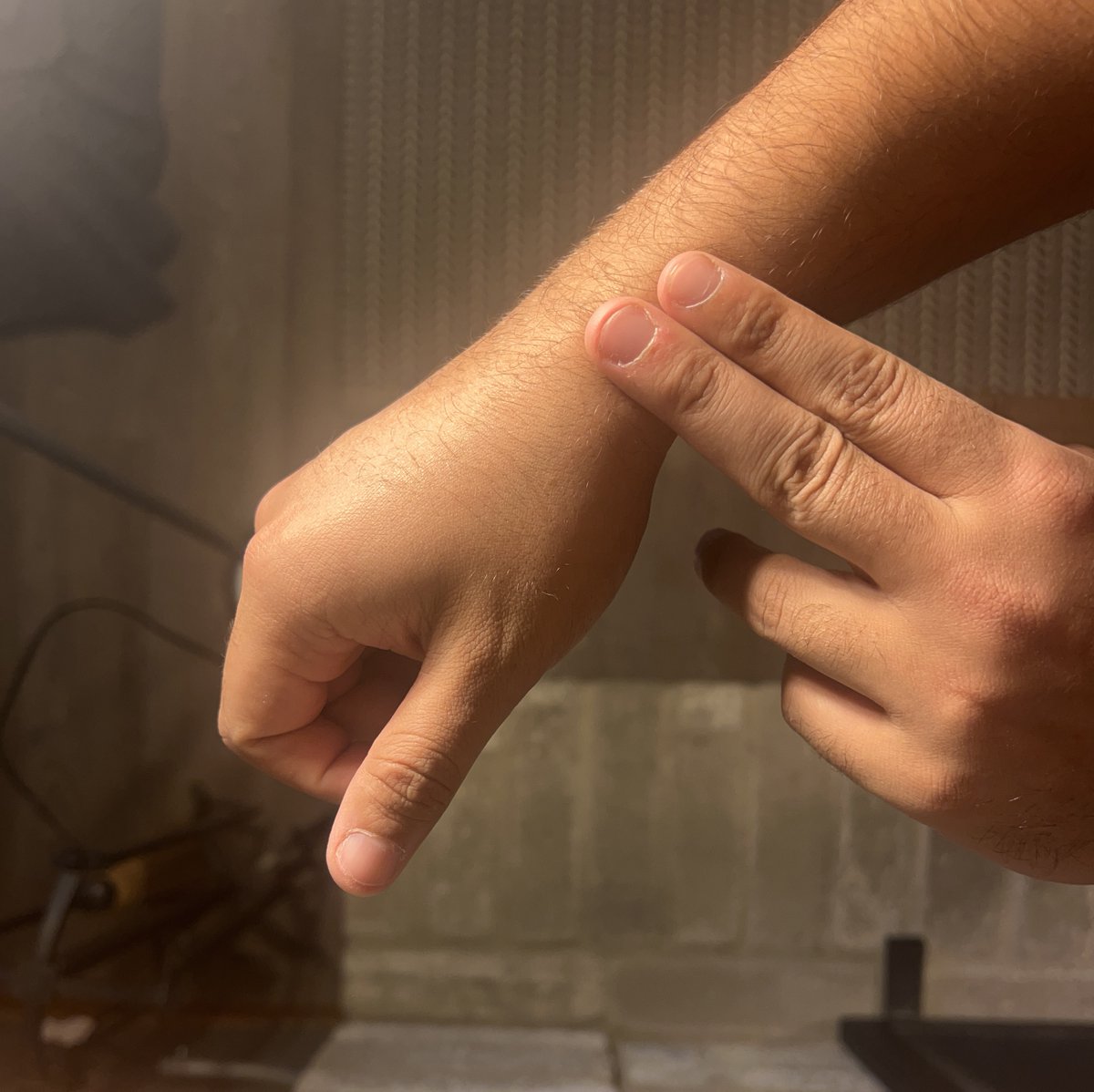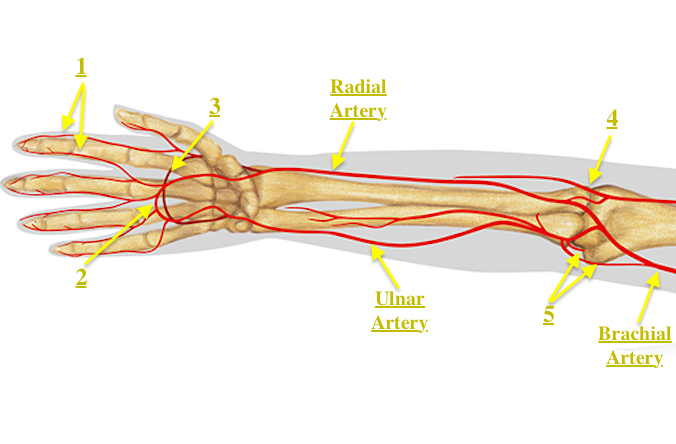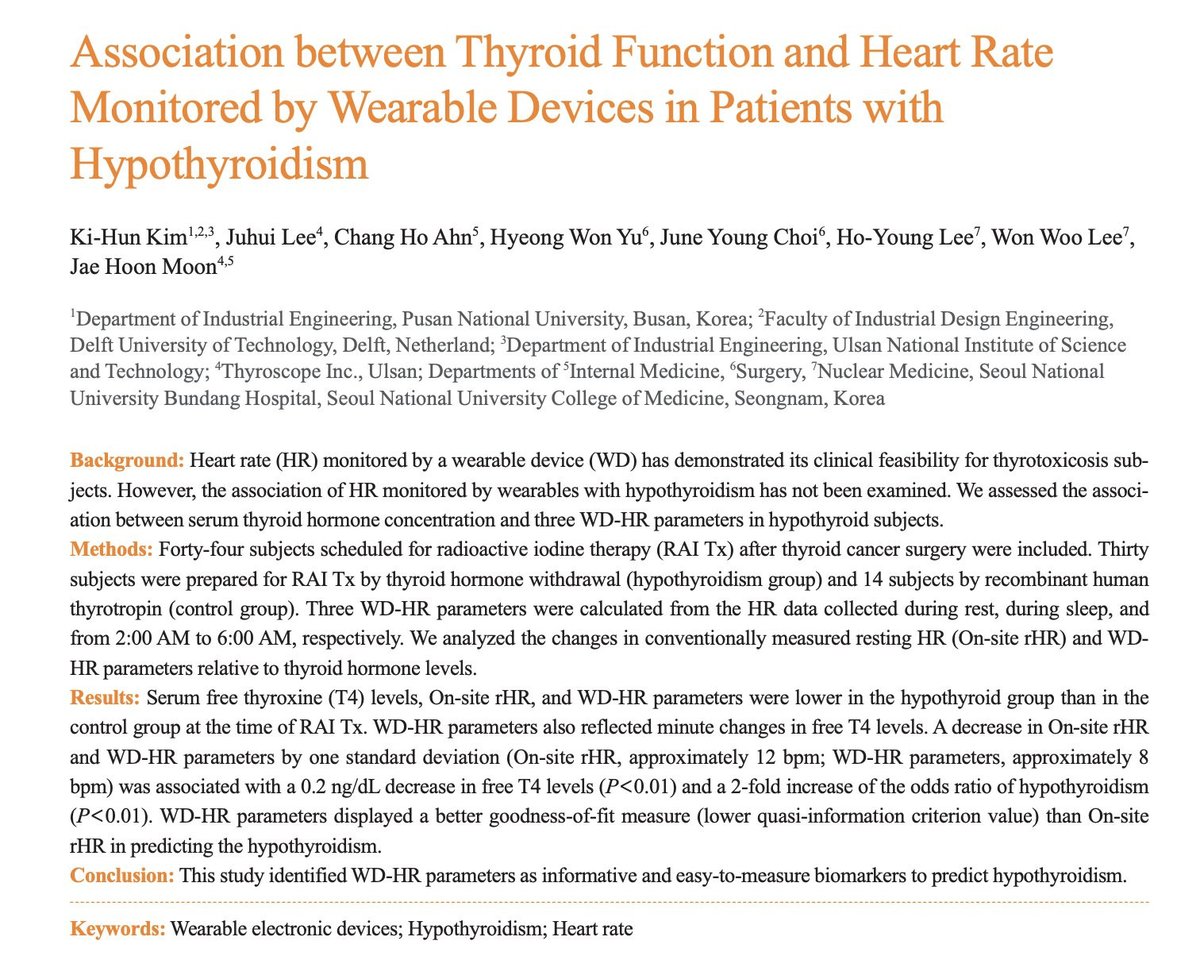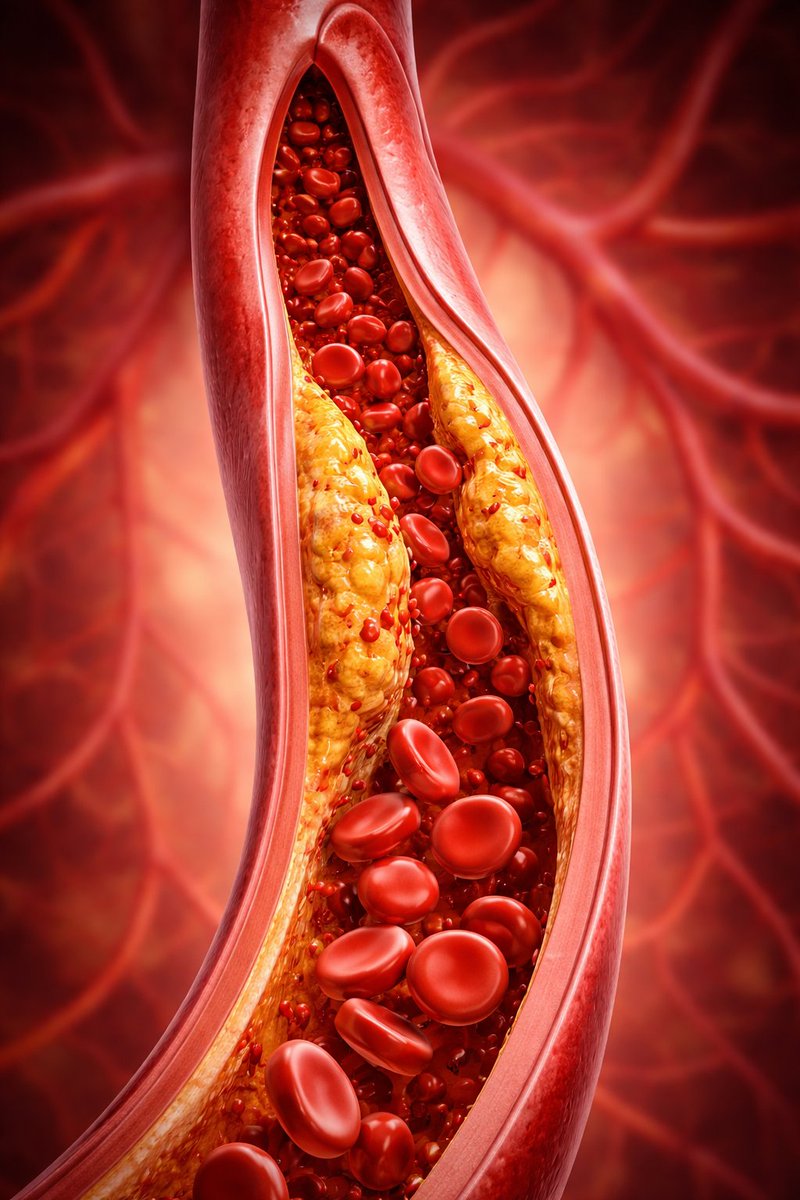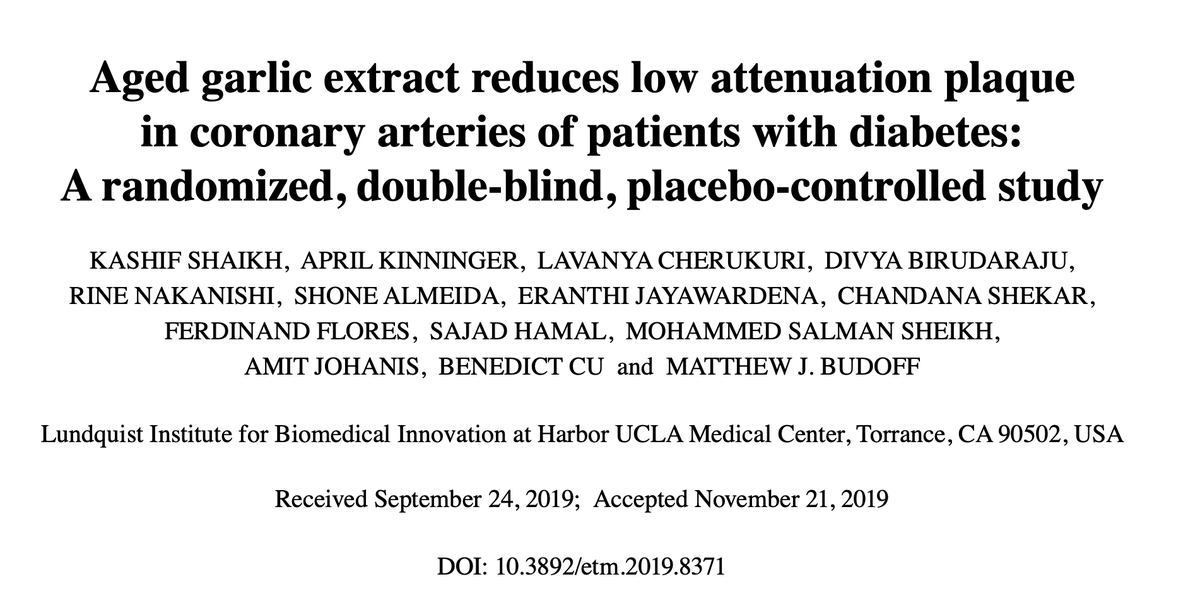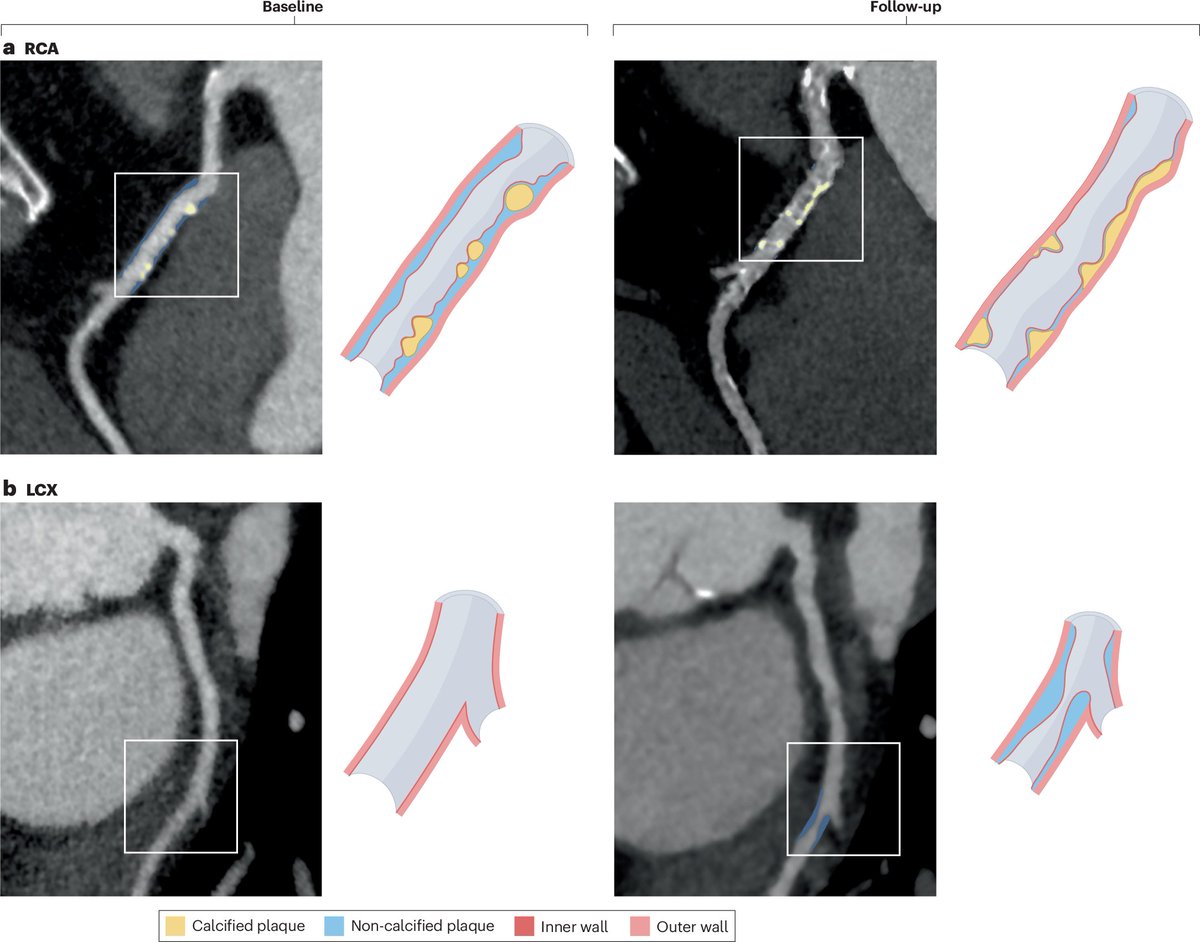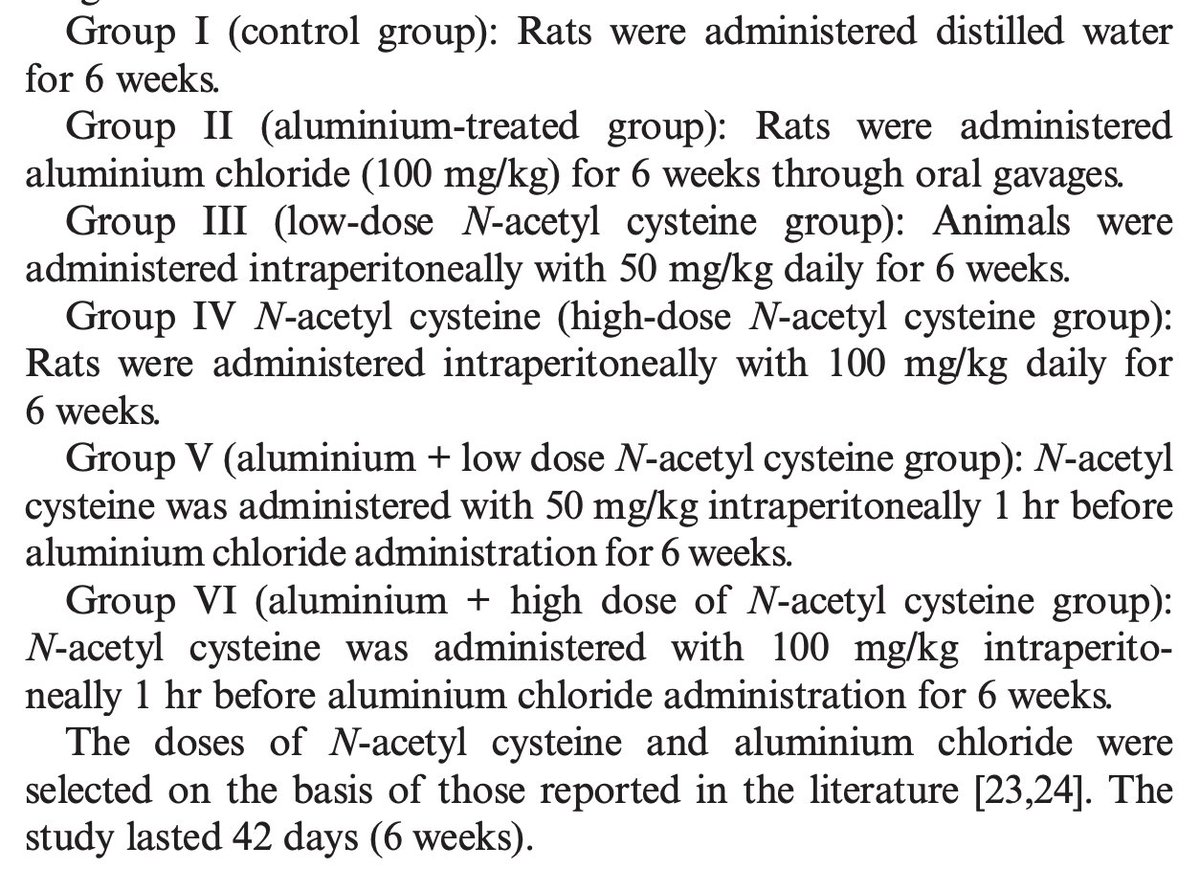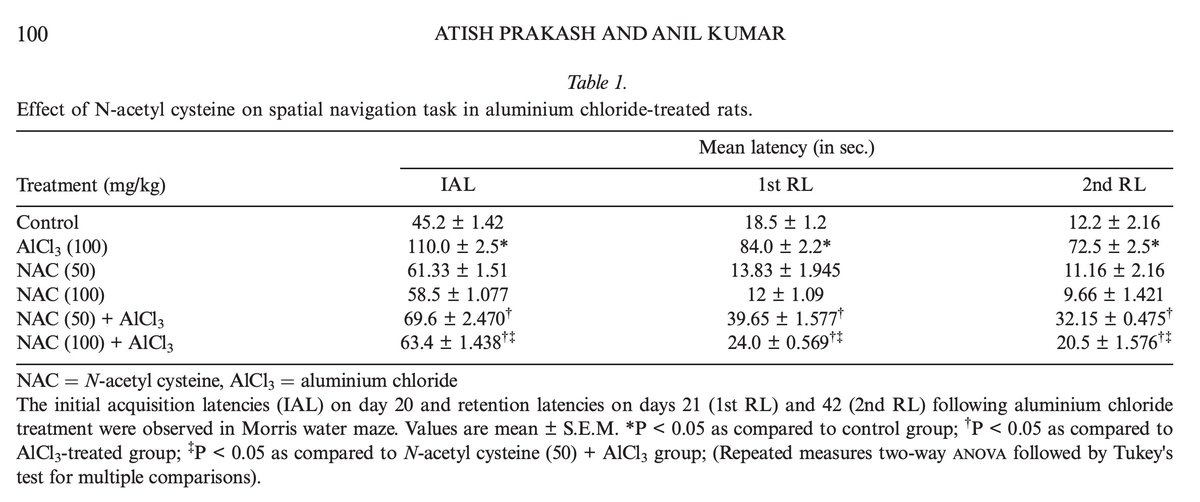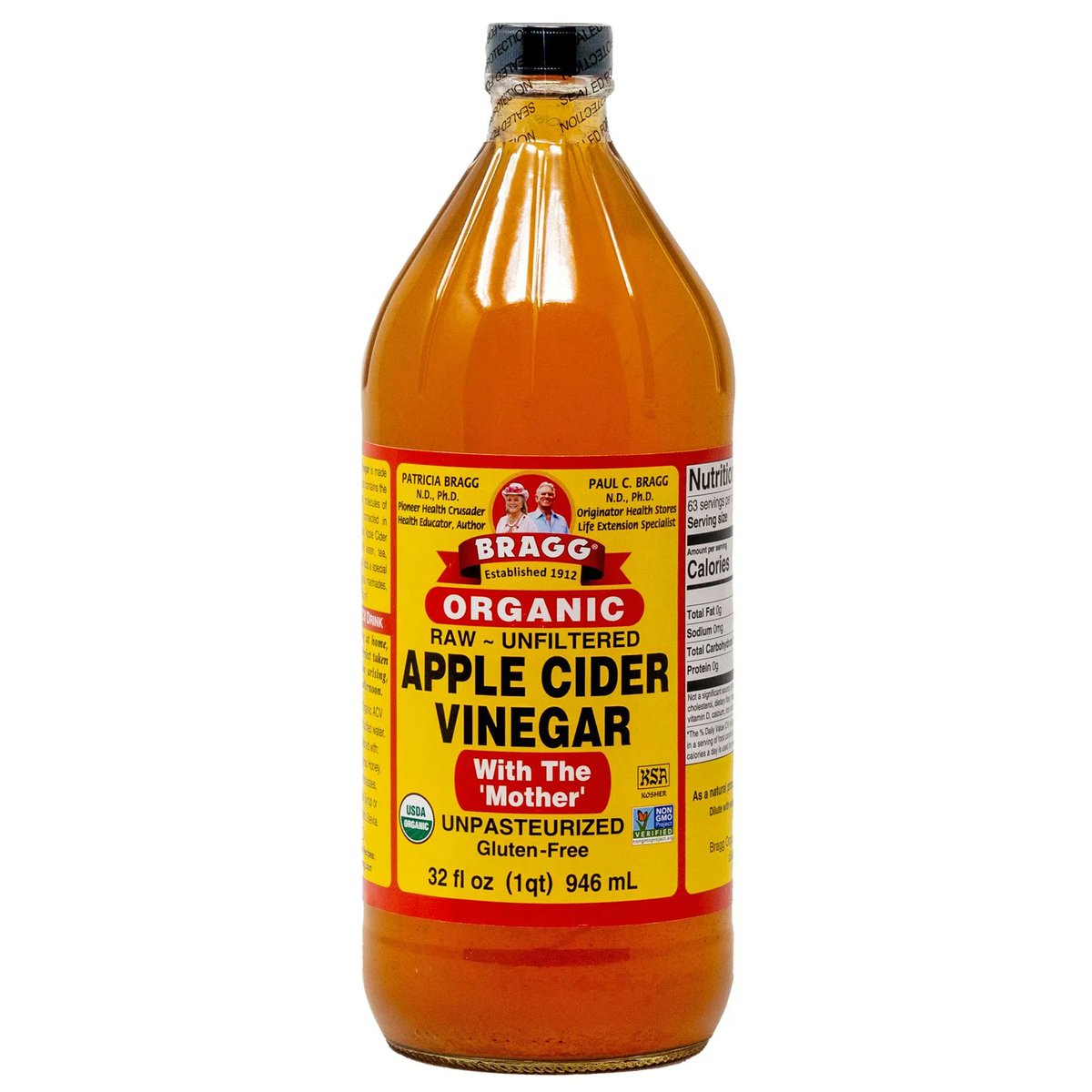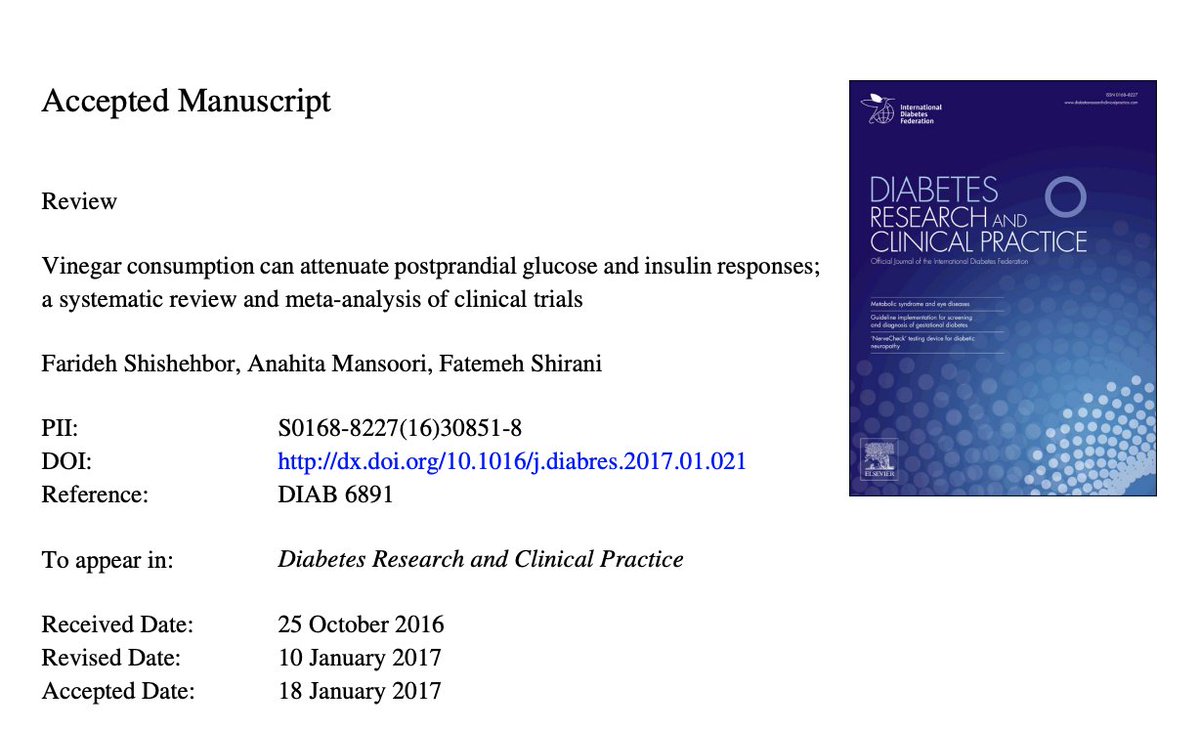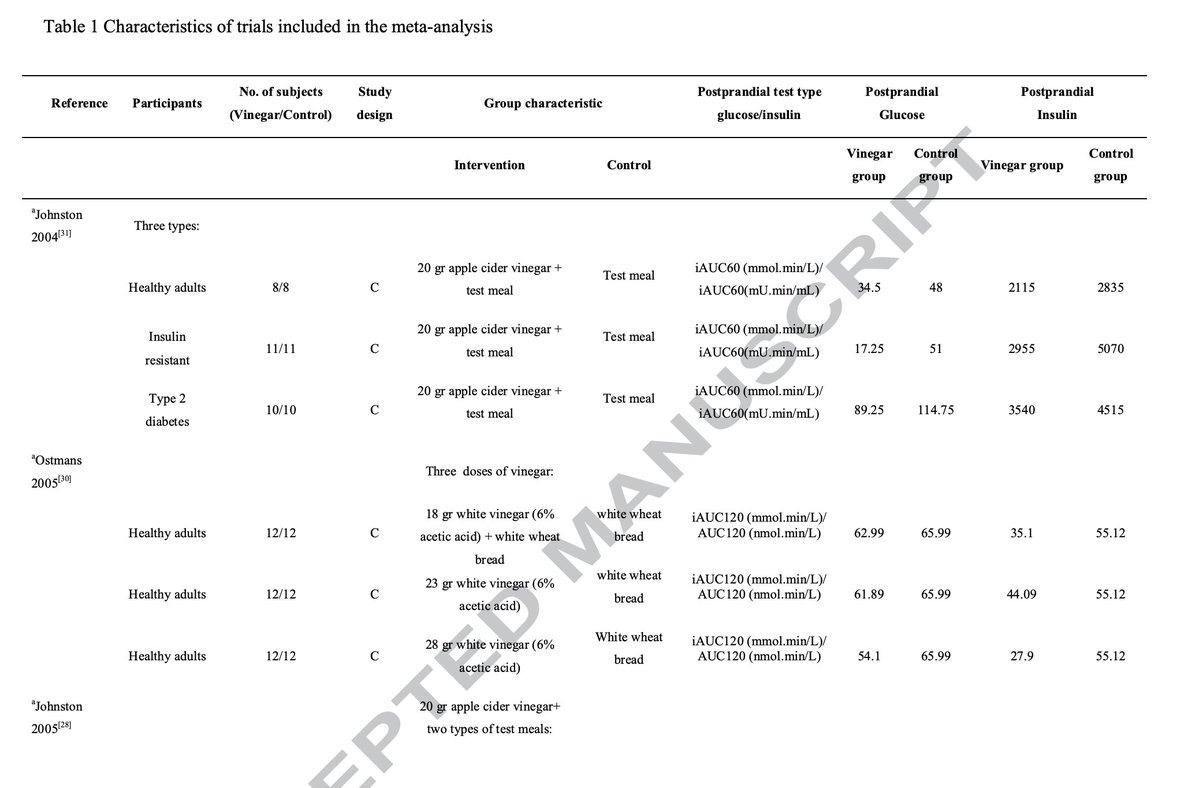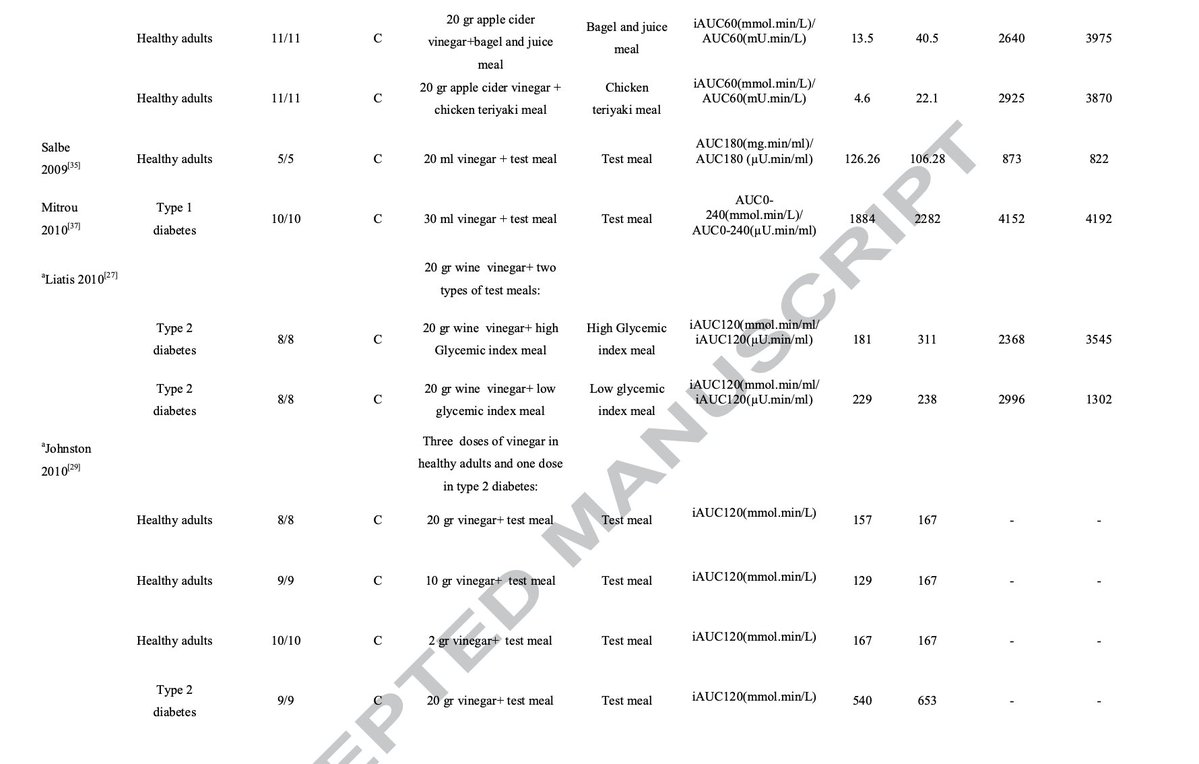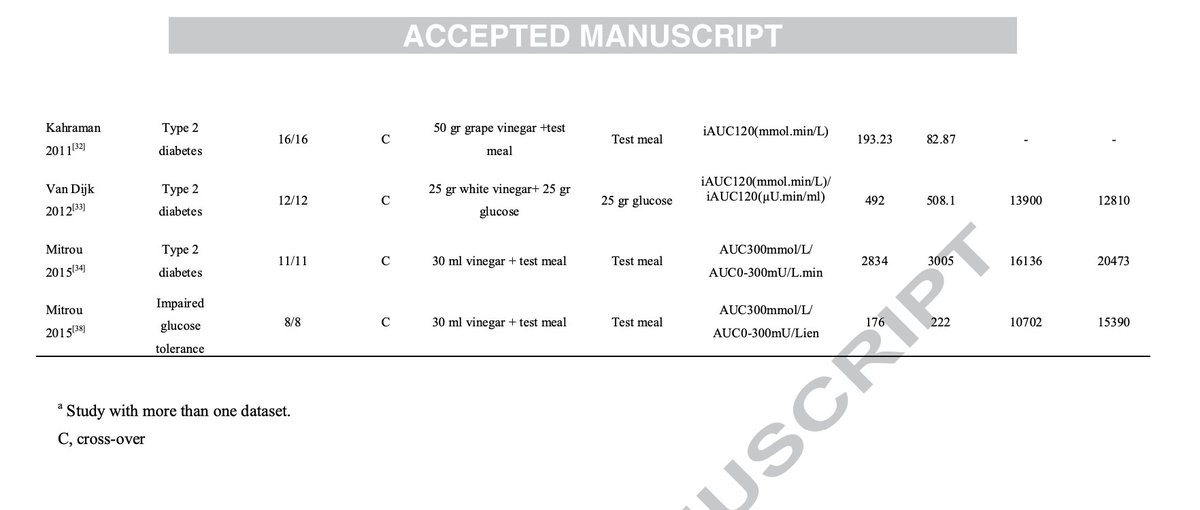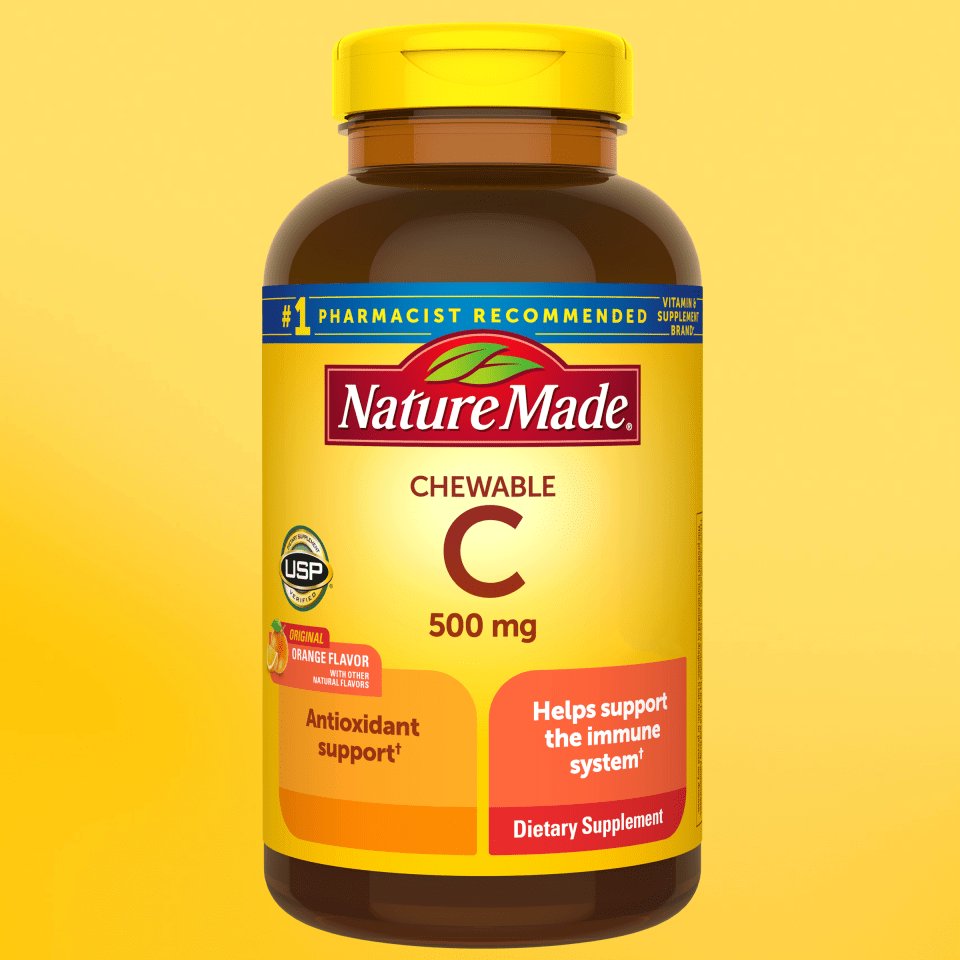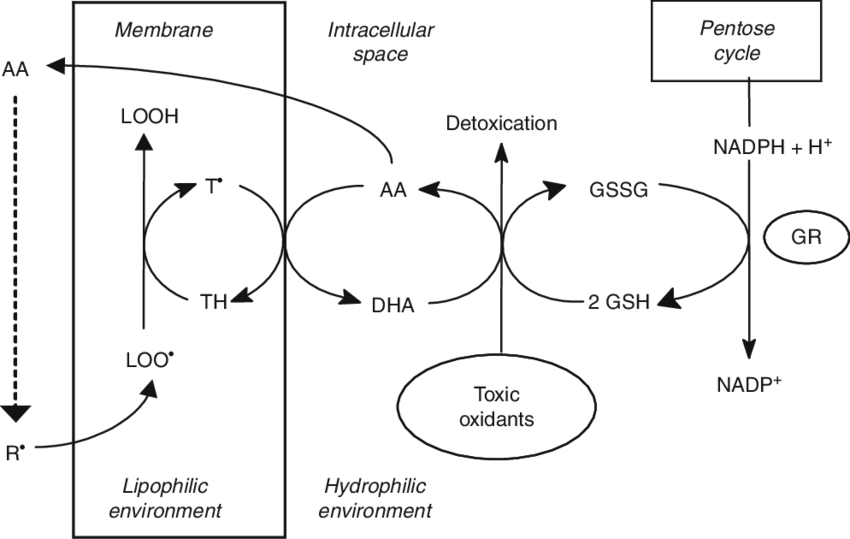You WILL NOT have good digestion… without addressing this first.
The key to relieving your indigestion, constipation, and bloating may be where you least expect it.
Let’s talk about it:
The key to relieving your indigestion, constipation, and bloating may be where you least expect it.
Let’s talk about it:

Imagine each cell in your body as a clock, ticking in perfect harmony with a 24-hour day.
This isn't a sci-fi concept—it's the essence of our circadian system, an intricate network that aligns our physiology with the day-night cycle.
This isn't a sci-fi concept—it's the essence of our circadian system, an intricate network that aligns our physiology with the day-night cycle.

Circadian clocks are proteins, establishing self-sustaining rhythms that govern our body on a cellular level.
They're in almost every cell and are pivotal for maintaining a balance that reflects the natural world's cycles.
The SCN, sitting in the hypothalamus of the brain, is the master timekeeper. It uses LIGHT as a primary signal.
It orchestrates the diverse rhythms of countless cellular clocks across our body, ensuring our biological processes resonate with the time of day.
This ensures that processes like hormone secretion, metabolizing food, and our sleep patterns follow a timetable.
This is ESPECIALLY important for digestive function.
Let's get into why, and what you can do about it.
They're in almost every cell and are pivotal for maintaining a balance that reflects the natural world's cycles.
The SCN, sitting in the hypothalamus of the brain, is the master timekeeper. It uses LIGHT as a primary signal.
It orchestrates the diverse rhythms of countless cellular clocks across our body, ensuring our biological processes resonate with the time of day.
This ensures that processes like hormone secretion, metabolizing food, and our sleep patterns follow a timetable.
This is ESPECIALLY important for digestive function.
Let's get into why, and what you can do about it.

The gut is particularly sensitive to our circadian rhythm.
The circadian clocks in the gut need that regularity, and when it's lost, we see disturbances in GI health.
The production of saliva is one example.
During the day, the flow rate of saliva and its composition show diurnal variations, which are regulated by the “clocks” within our salivary glands.
Saliva is absolutely critical as the first line of digestion and sterilization of our food from pathogens.
Dysregulated saliva production is a good way to set yourself up for an irritated gut from undigested food and bacteria.
The circadian clocks in the gut need that regularity, and when it's lost, we see disturbances in GI health.
The production of saliva is one example.
During the day, the flow rate of saliva and its composition show diurnal variations, which are regulated by the “clocks” within our salivary glands.
Saliva is absolutely critical as the first line of digestion and sterilization of our food from pathogens.
Dysregulated saliva production is a good way to set yourself up for an irritated gut from undigested food and bacteria.

Stomach acid is even more important for eliminating bacteria and breaking down our food into its bare essentials.
It, too, depends on the circadian rhythm for optimal function.
It, too, depends on the circadian rhythm for optimal function.

Studies also highlight a circadian control in the tide of carbohydrate digesting enzymes, synchronizing with feeding schedules.
Given that many experience carbohydrate maldigestion symptoms, this is critical to understand.
This even includes the lactase enzyme, which is of course suspected to be downregulated in “lactose intolerance.”
Perhaps the key to digesting your milk better is simply having it at a different time of day.


Given that many experience carbohydrate maldigestion symptoms, this is critical to understand.
This even includes the lactase enzyme, which is of course suspected to be downregulated in “lactose intolerance.”
Perhaps the key to digesting your milk better is simply having it at a different time of day.



The absorption of fat, peptides derived from protein, and carbohydrate all depend on the circadian rhythm as well.
A lack of nutrient absorption not only sets you up for deficiencies, but also means greater residue left over in the colon, which can lead to irritation and bacterial overgrowth, driving a myriad of symptoms.

A lack of nutrient absorption not only sets you up for deficiencies, but also means greater residue left over in the colon, which can lead to irritation and bacterial overgrowth, driving a myriad of symptoms.


Bile acids are critical for fat digestion, the absorption of fat as well as fat soluble vitamins, have key antimicrobial properties and also are players in the detoxification process.
They also are under circadian control.
They also are under circadian control.

Our gastrointestinal motility follows a daily pattern too.
Maintaining proper motility is absolutely essential for having proper digestion, to keep things moving along and to not allow food and bacteria to marinate and fester in your gut just sitting there, leading to gas buildup, bloating, and pain.
From the stomach all the way down the GI tract, motility displays distinct rhythms, controlled by our biological clocks.


Maintaining proper motility is absolutely essential for having proper digestion, to keep things moving along and to not allow food and bacteria to marinate and fester in your gut just sitting there, leading to gas buildup, bloating, and pain.
From the stomach all the way down the GI tract, motility displays distinct rhythms, controlled by our biological clocks.



This can be seen in people who have to work night shifts and consequently have disrupted circadian rhythms: they have dysregulated motility.
Their altered internal timings may contribute to a lower threshold for discomfort and greater bowel sensitivity.


Their altered internal timings may contribute to a lower threshold for discomfort and greater bowel sensitivity.


Personally, I’ve noticed with myself and others who I’ve worked with that getting up to see the sunrise can massively impact gut motility and the quality / frequency of bowel movements.
The body is used to having one in the morning, but it has trouble if it doesn’t know it’s morning!
The body is used to having one in the morning, but it has trouble if it doesn’t know it’s morning!

Additionally, the gut secretes multiple factors that protect against excessive dysbiotic bacterial growth, again mediated by the circadian rhythm.
The antimicrobial peptide Reg3γ is known to exhibit circadian oscillations in the small intestine, and throwing this rhythm off might make the host more susceptible to overgrowth.
The antimicrobial peptide Reg3γ is known to exhibit circadian oscillations in the small intestine, and throwing this rhythm off might make the host more susceptible to overgrowth.

Alkaline phosphatase, an enzyme responsible for the detoxification of several bacterial toxins such as endotoxin, also fluctuates throughout the day.

Secretory IgA is another key factor in intestinal immunity, essentially binding up bacteria and preventing them from setting up shop and creating an infectious milieu in the intestine.
IgA ALSO ebbs and flows throughout the day, depending on proper circadian rhythm.
IgA ALSO ebbs and flows throughout the day, depending on proper circadian rhythm.

All of this culminates in the observation that people with circadian disruptions suffer from all types of digestive issues.
For example, the risk of IBS and abdominal pain are significantly higher in rotating shift workers.

For example, the risk of IBS and abdominal pain are significantly higher in rotating shift workers.


People with IBS almost always have a component of high serotonin, and this corresponds with a decreased conversion into melatonin.
Serotonin antagonists and melatonin supplementation can put IBS into remission with great frequency.

Serotonin antagonists and melatonin supplementation can put IBS into remission with great frequency.


You can read more about that here
https://x.com/Outdoctrination/status/1678072420190547968?s=20
The most important things you can do to optimize this facet of your digestion:
1. Try to keep a relatively consistent sleep / wake time (not at the expense of having a fun life though), ideally around the natural rising and setting of the sun
2. Getting outside as much as possible, especially at sunrise and sunset
3. Having approximately regular meal times
4. NOT skipping meals when hungry (your body is ready to eat at that TIME)
1. Try to keep a relatively consistent sleep / wake time (not at the expense of having a fun life though), ideally around the natural rising and setting of the sun
2. Getting outside as much as possible, especially at sunrise and sunset
3. Having approximately regular meal times
4. NOT skipping meals when hungry (your body is ready to eat at that TIME)
If you want some help in solving any gut issues, or just optimizing your metabolism in general, we've just launched our premium consulting platform, PRISM, where our team can help you. Schedule a free consult here to hear more about it! prism.miami/get-started
Thank you for reading along. Hopefully this was helpful and you can use this info to improve your digestion.
Toss us a RT if you’re so inclined, helps us a lot.
Be sure to check out all of our content and supplements, as well as ways to donate, over at lnk.bio/analyze.and.op…
Toss us a RT if you’re so inclined, helps us a lot.
Be sure to check out all of our content and supplements, as well as ways to donate, over at lnk.bio/analyze.and.op…
• • •
Missing some Tweet in this thread? You can try to
force a refresh


